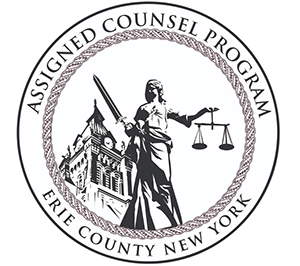Legal custody refers to the right of an individual or individuals to make decisions regarding the care and upbringing of a child while physical or residential custody refers to a designation of where a child shall reside. Relative to legal custody, the legal custodian has the right to make all the major decisions in a child’s life including medical, educational, religious and social decisions involved in raising a child.
Who Can File a Petition for Custody?
A parent, sibling, grandparent or any other person that can show a significant relationship with a child can request custody of a child.
What Types of Custody do Courts Determine?
In custody matters the Court has the power to determine what type of custody will exist between the parties based on the best interests of the child. Essentially the Court will order either joint custody where the decision making power is awarded to two or more people together or sole custody where decision making power is granted to one person. The Court may also determine residential custody which determines where a child shall live.
How is Custody Determined?
Custody may be determined by agreement of the parties or the Court may decide after a trial of the matter. The Court’s decision will be based on the “best interests” of the child.
Do I Have the Right to Counsel?
Yes. You should be advised of your right to counsel at your first appearance in Court. If you are the parent or legal custodian of the child and you are unable to afford an attorney, one will be provided to you free of charge by the Assigned Counsel Program.
